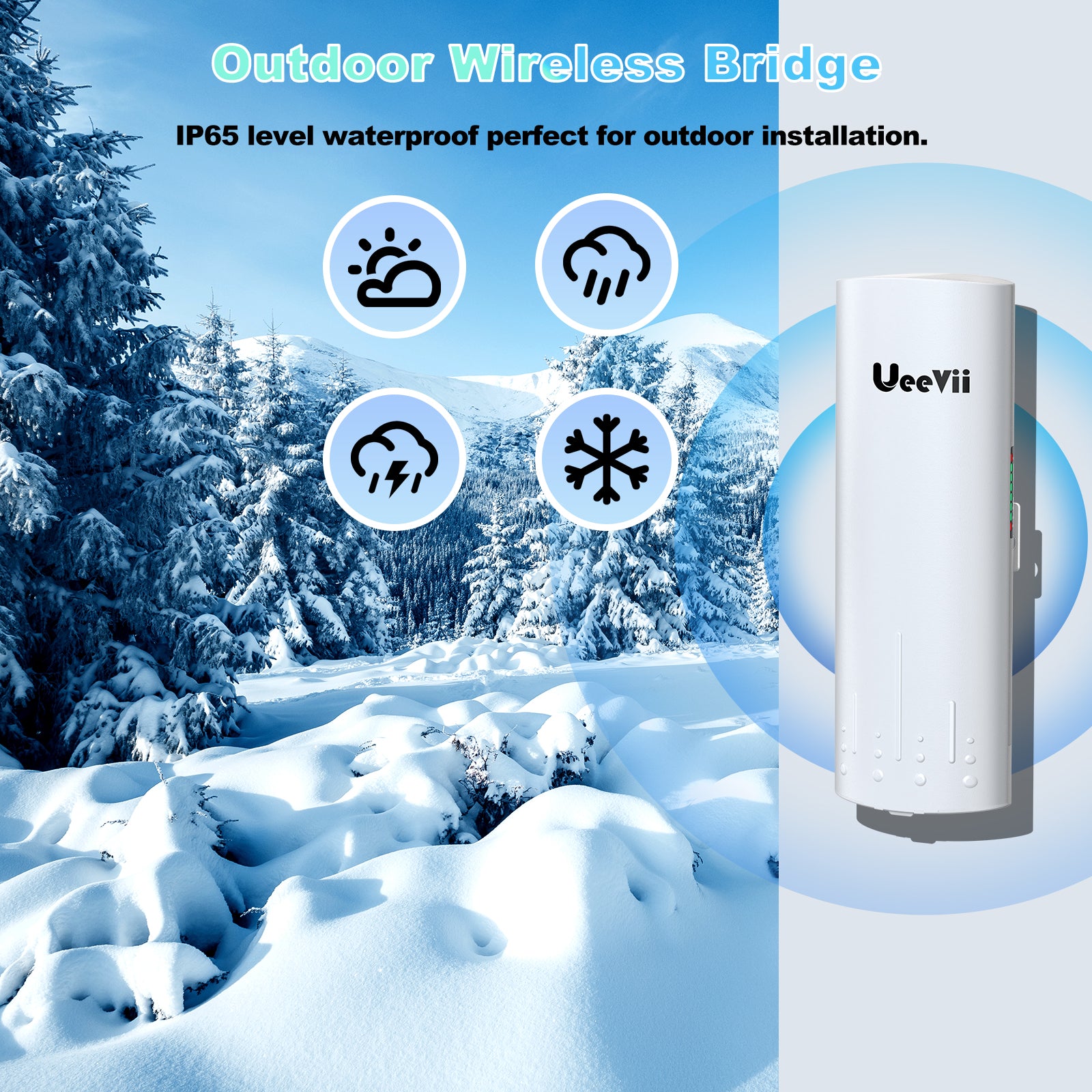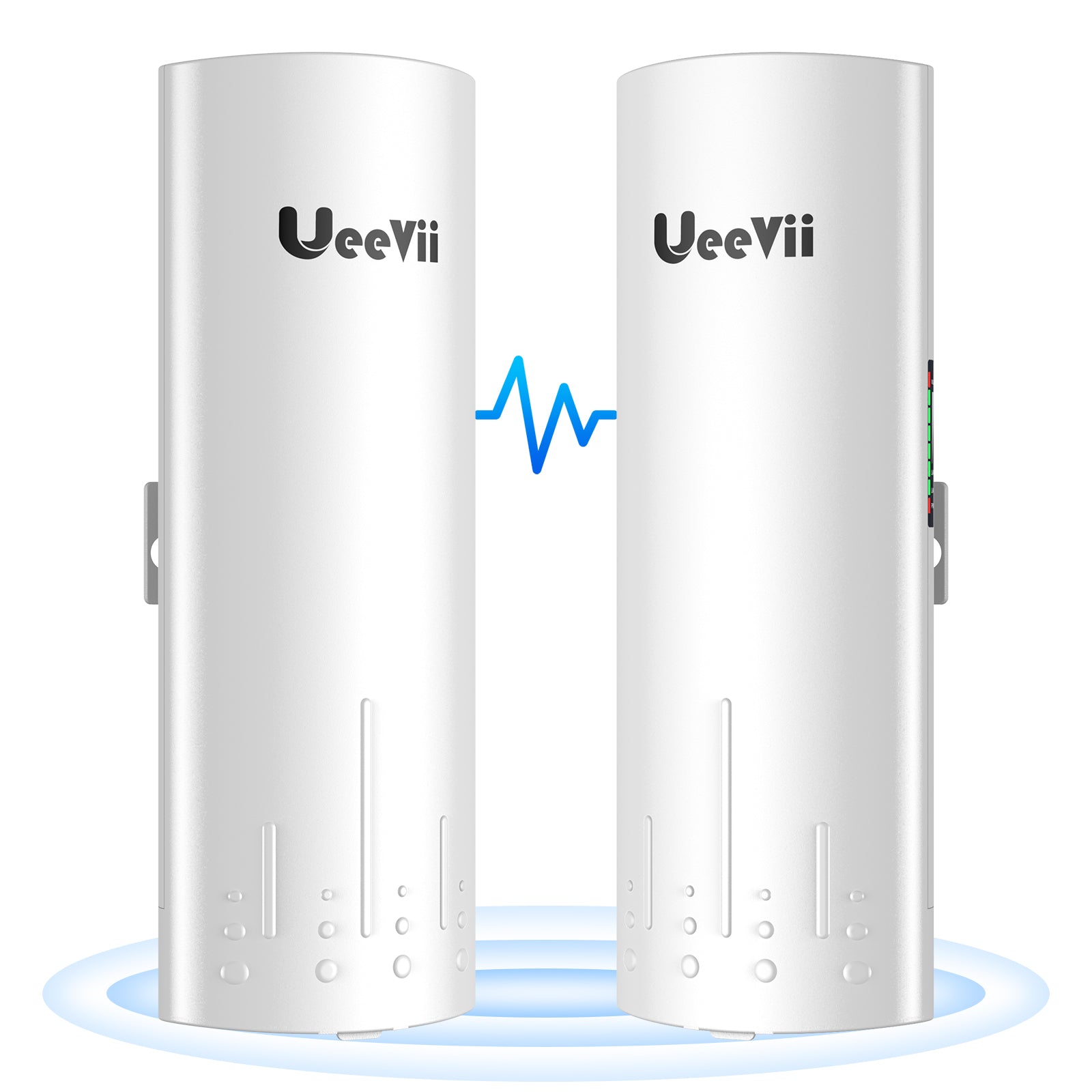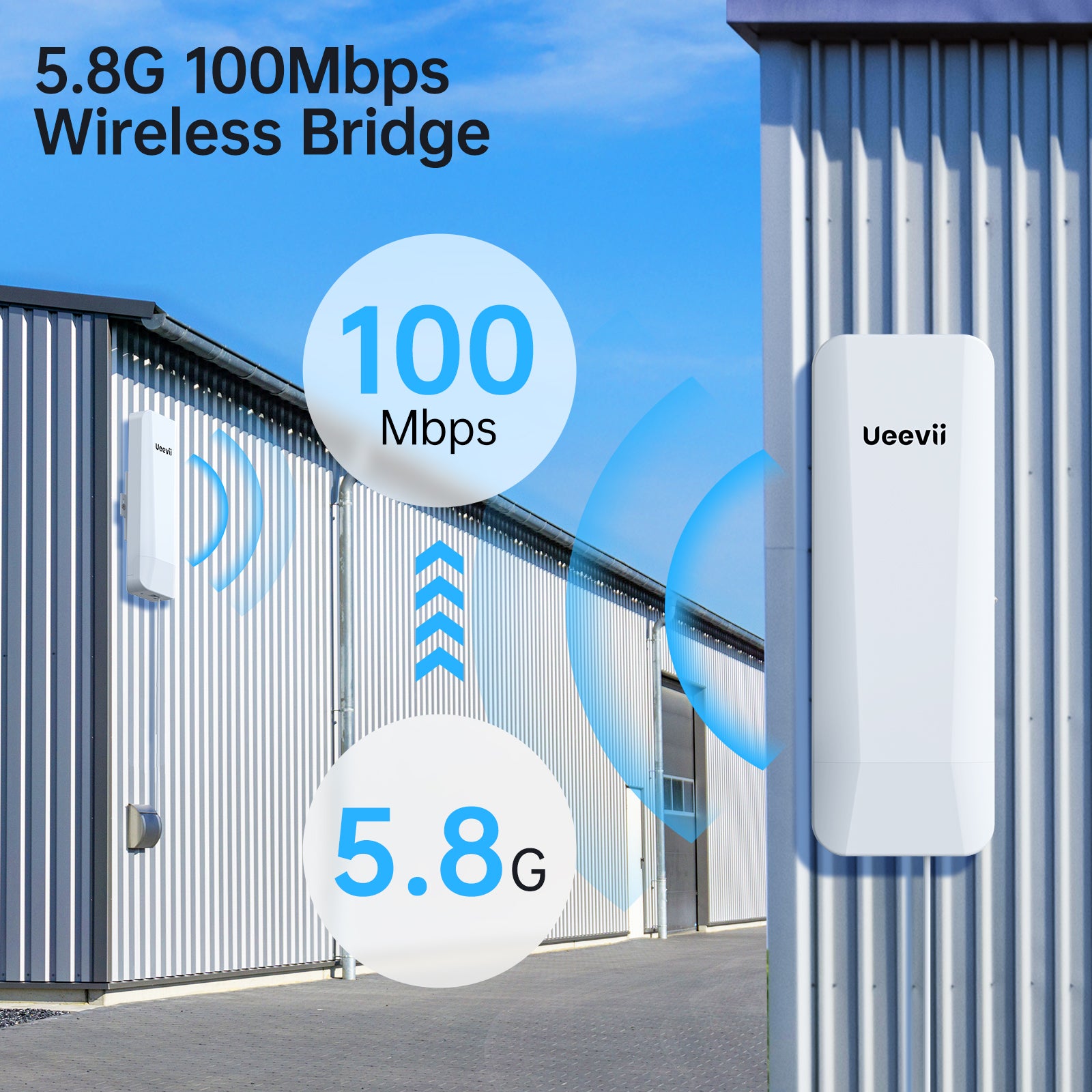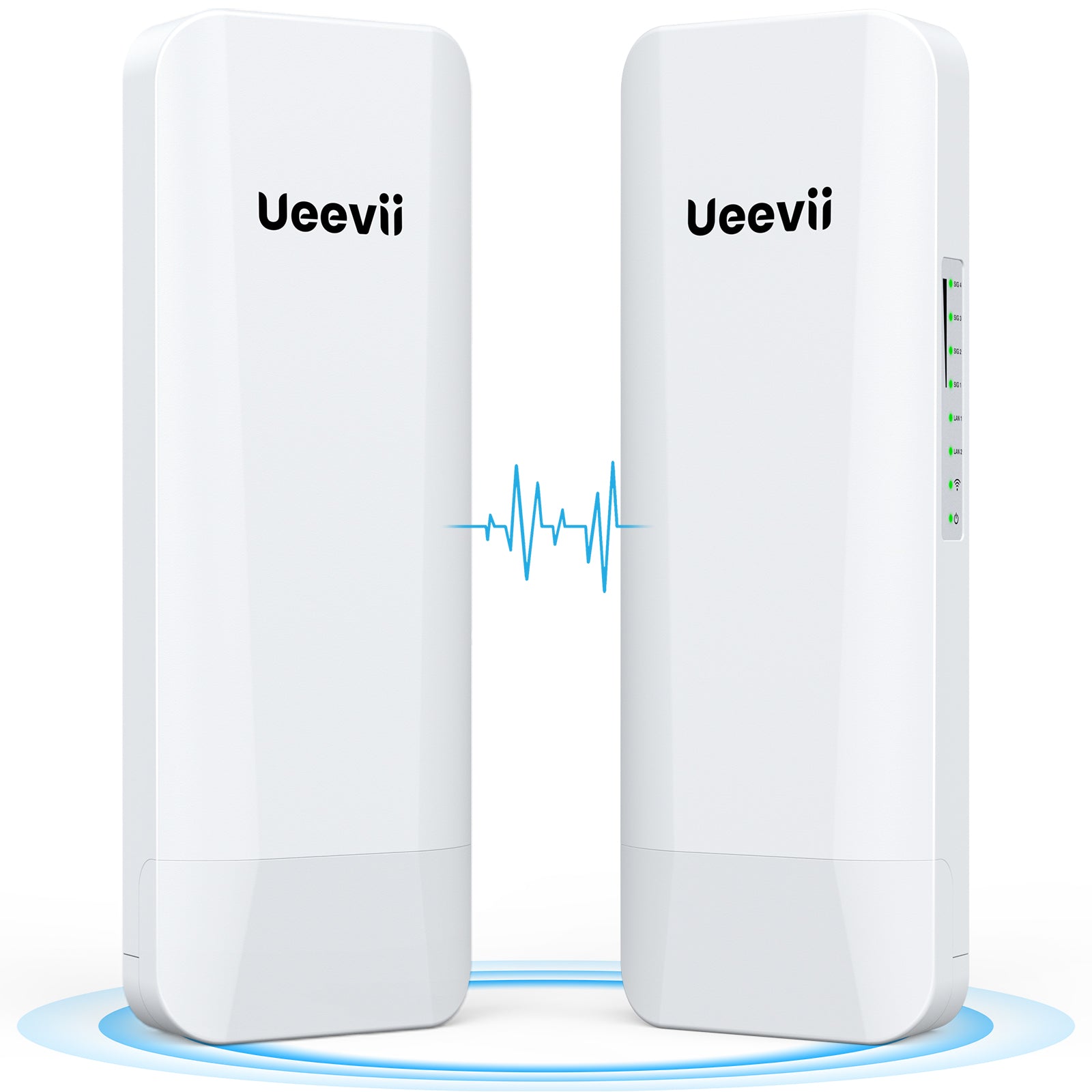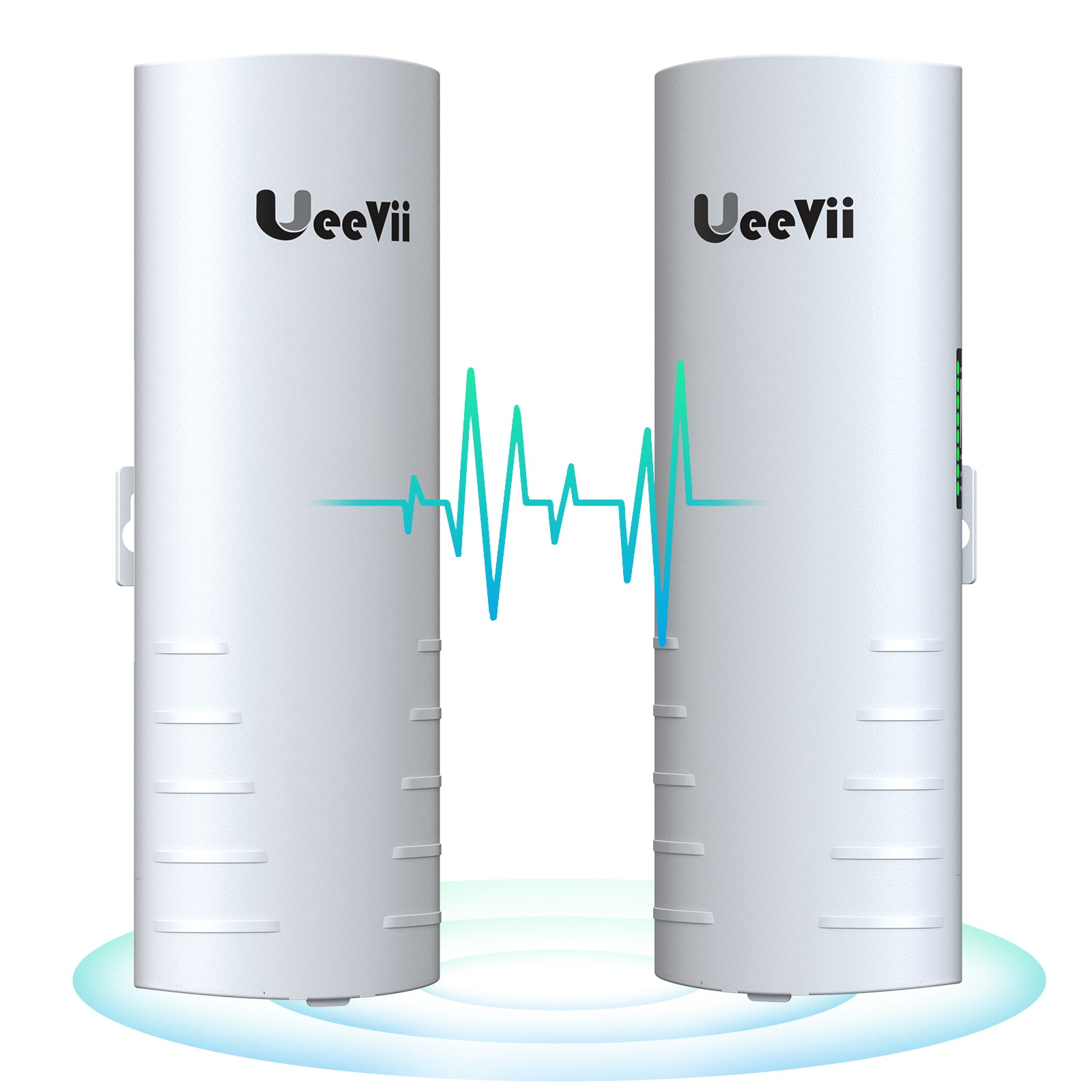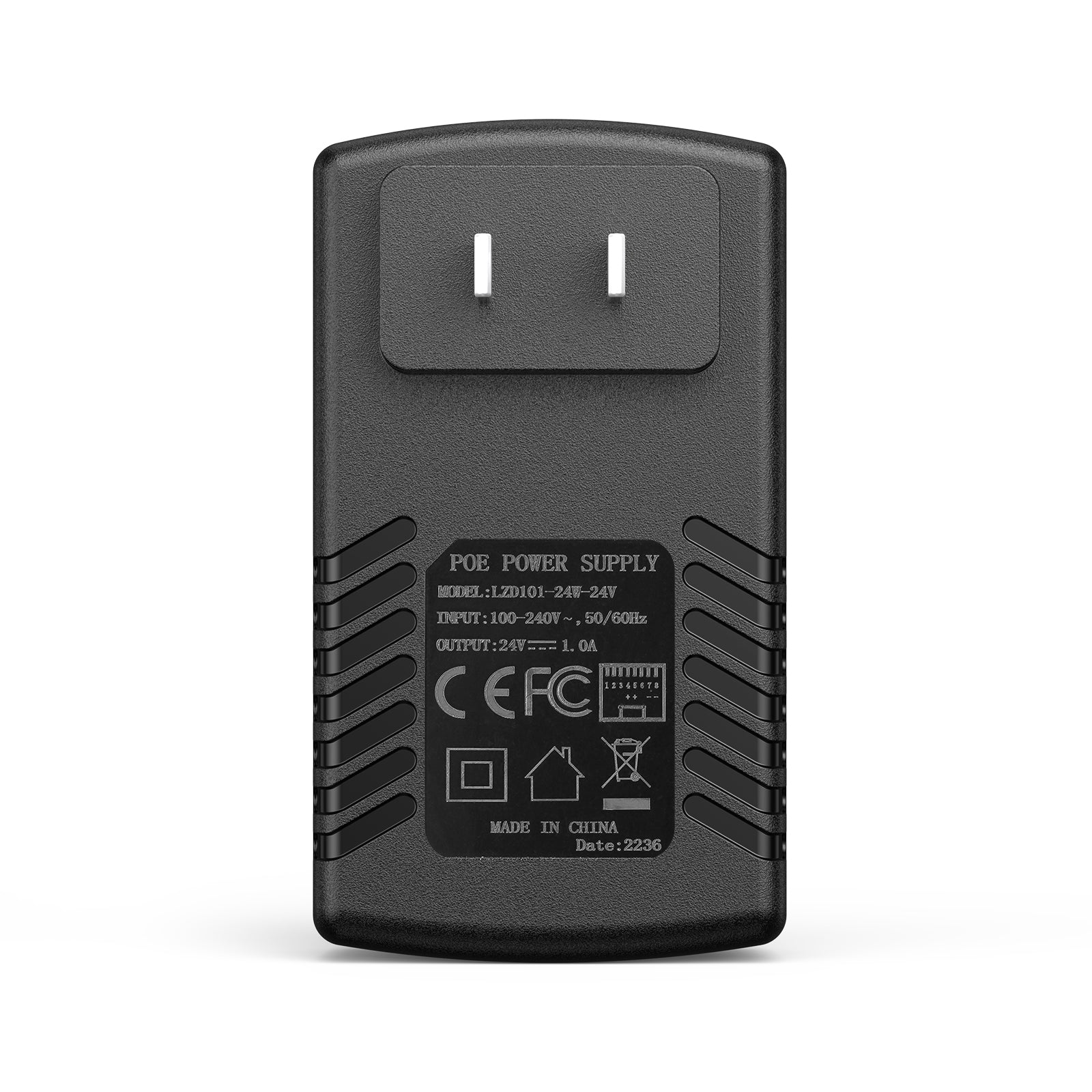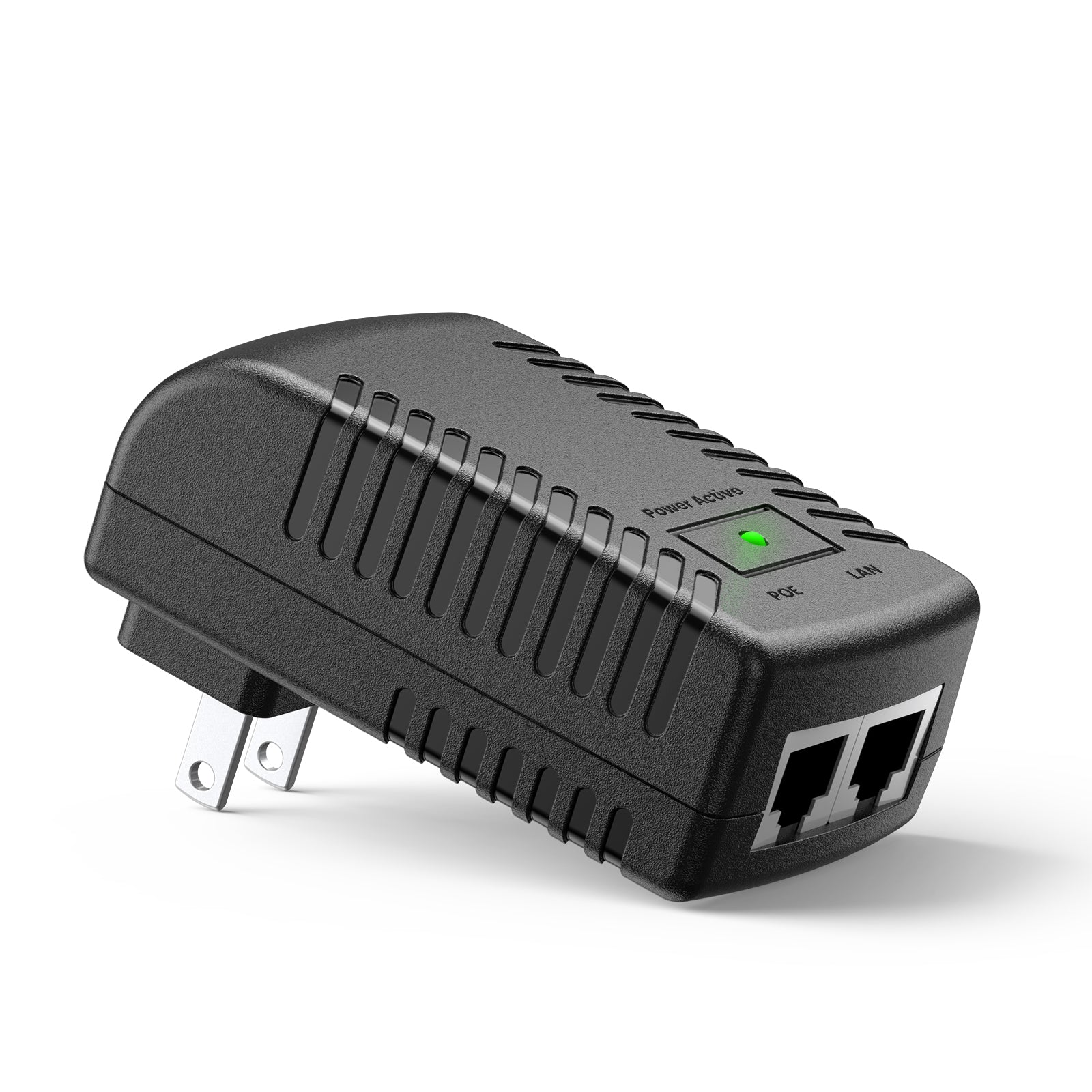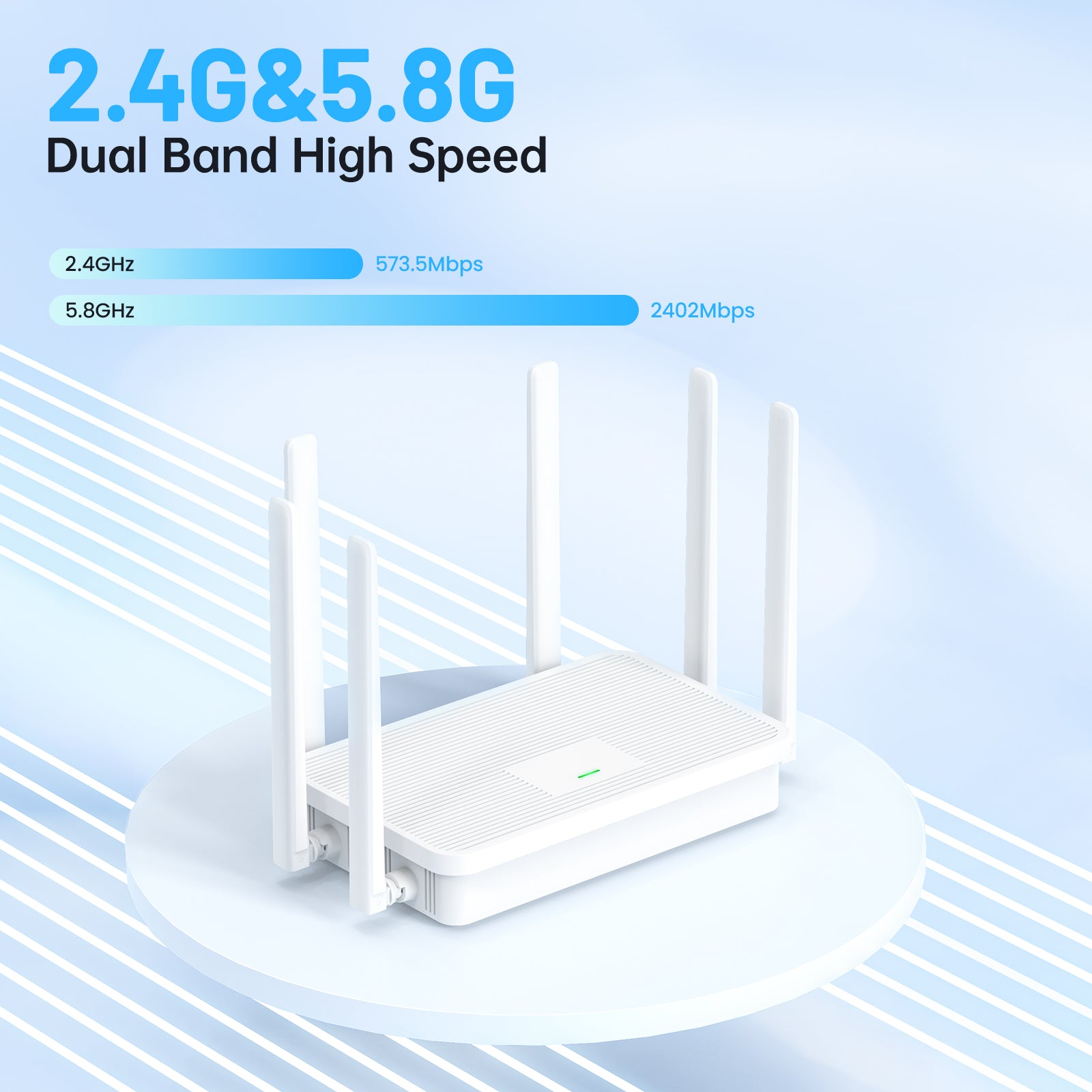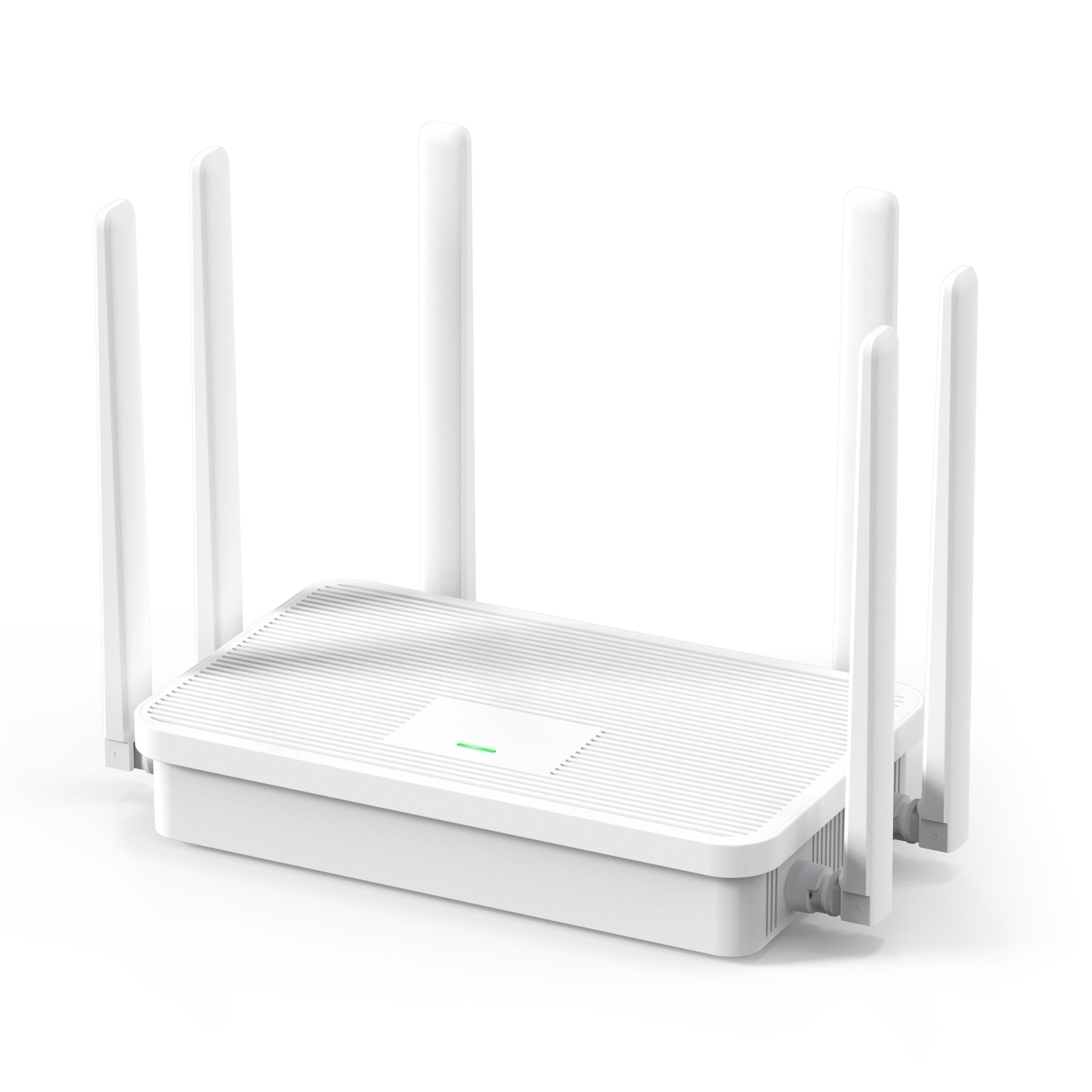Bridging the Digital Divide: U.S. Communities Benefit from Point to Point Wireless Solutions
Overcoming Challenges in Rural Areas
Many rural areas in the U.S face connectivity issues. But point to point wireless bridges have been a game-changer. They provide fast internet across vast distances without costly cables. This tech helps connect remote homes, schools, and clinics. It's key for progress in these communities. With wireless bridges, rural regions can join the digital world.
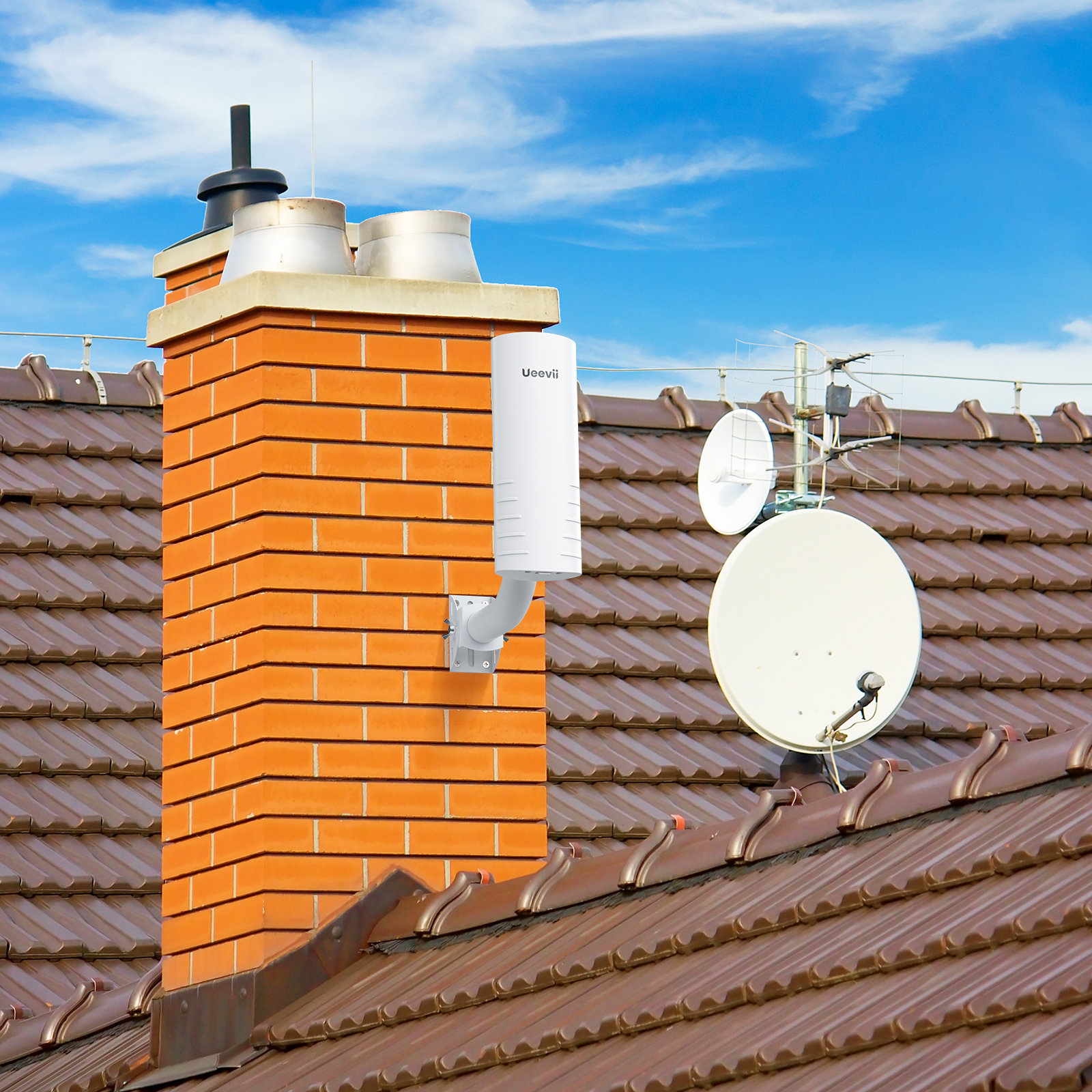
Boosting Economic Opportunities
In the United States, many communities have seen economic growth thanks to point-to-point wireless bridges. Here are some ways these wireless solutions are helping:
- New Businesses: With better internet, people can start online businesses. This creates local jobs and services.
- Education: Schools in remote areas get fast internet. This lets students use new learning tools and resources.
- Tourism: Tourist spots offer free Wi-Fi. Visitors stay longer and spend more.
- Farming: Farmers use internet to track crops and market goods. They earn more with better tech.
- Healthcare: Clinics in rural spots connect to specialists. Patients get better care closer to home.
Wireless bridges aren't just a tech win. They lift whole communities. It’s clear: better internet equals more chances to grow.
Technical Triumphs: Behind the Scenes of Wireless Bridge Deployment
Ensuring Reliability and Scalability
Point to point wireless bridges must be dependable and able to grow. To make sure of this, engineers test the system well. They look at how it works under different conditions. Speed, distance, and interference are key factors. Network designs include room for more users and data. This is crucial for future needs. The tech allows for quick and easy updates too. With these steps, networks stay strong. They handle more traffic over time. These steps help communities stay connected.




